Discrimination of Black NFL coaches remains an issue
Feb 28, 2023
This previously ran in our February 2023 print issue.
While America’s white football coaches celebrated promotions and job offers throughout the 20th century, their Black counterparts endured racial discrimination and rejections, a disparity that grew to surpass into the 21st century.
Whether it be Fritz Pollard, the first Black National Football League (NFL) coach, or Mike Tomlin and Tony Dungy, who are the only Black NFL coaches to have ever won a Super Bowl, Black coaches created waves of influence despite their oppression in the league.
Harold Fairclough, Emmaus High School’s head football coach, has already led the Hornets to two district championship appearances in his time as coach, mirroring the success of other Black coaches.
Fritz Pollard, the first Black NFL coach, started his career as one of the first two Black football players to play in the NFL in 1920, and often helped coach the teams he played on. After this landmark event, Pollard continued to break barriers by becoming the co-coach of the Akron Pros in 1921. Throughout his career, he played and coached for three other teams between 1921 and 1926: the Milwaukee Badgers, the Hammond Pros, and the Providence Steam Rollers. However, after the 1926 season, the NFL owners decided to remove all nine of the Black players from the league, never seeing them return.
As a result of the ban from the NFL, Pollard started his own team in 1928: the Chicago Black Hawks. This team was the first of the two all-Black teams that he founded. Unlike many team owners who simply observed their teams, Pollard coached the Chicago Black Hawks, even occasionally playing as a running back and quarterback.
After the Chicago Black Hawks, Pollard founded the Harlem Brown Bombers in 1935, though the team’s run ended in 1938 due to the financial downfall of the Great Depression. Pollard helped to open the door to future Black coaches in the NFL.
Following in Pollard’s footsteps, Tony Dungy became the first Black NFL coach to win a Super Bowl. He began his time in the NFL as a cornerback, playing for the Pittsburgh Steelers and San Francisco 49ers between 1977 and 1979. Dungy, like Pollard, is best known for his coaching feats.
Dungy was hired as a defensive coordinator for the Steelers from 1984-1988 and with the Minnesota Vikings from 1992-1995. Following these positions, he landed his first head coaching job with the Tampa Bay Buccaneers in 1996, where he coached until 2001. During Dungy’s time in Tampa Bay, he led the Buccaneers to four winning seasons but did not have any success in the playoffs. However, in Dungy’s next head coaching job with the Indianapolis Colts, this would change.
Dungy coached the Colts from 2002-08, where he touted a winning season every year. His career with the Colts peaked when he won the Super Bowl in 2006, a season in which the Colts went into the playoffs with a 12-4 record. They won the first three rounds of the playoffs and found themselves pitted against the Chicago Bears in Super Bowl XLI.
Along with the first Super Bowl victory by a Black coach, this was the first and only time that two Black head coaches faced each other in the Super Bowl, as Lovie Smith coached the Bears at the time of this game. The final score of the game was 29-17, and the Colt’s Tony Dungy became the first Black head coach to raise the Vince Lombardi Trophy. Dungy had two more successful seasons with the Colts before ending his career as a head coach in 2008.
Mike Tomlin, the only other Black coach to win a Super Bowl, began his NFL career as a defensive backs coach with the Tampa Bay Buccaneers from 2001-05. Following his time with the Buccaneers, he was hired by the Minnesota Vikings as a defensive coordinator for the 2006 season. Tomlin would only spend a short amount of time with the team, though, before getting his first head coaching job in 2007 with the Pittsburgh Steelers, a job that he still holds today.
Along with the two Super Bowl appearances, Tomlin has never had a losing season while being the head coach of the Steelers. This achievement gives him the longest streak of winning seasons to begin a career as a head coach.
Although his career has been filled with success, this does not come without racial discrimination. In a 2007 interview with the Miami Dolphins for the head coaching position, the Dolphins said they were thoroughly impressed with Tomlin, but he was “too hip-hop” for the job. They ended up hiring Cam Cameron, a white coach who only lasted one season with the Dolphins, going 1-15. Even though Tomlin was more qualified for the position, the Dolphins decided not to hire him.
On a local level, Coach Fairclough has coached seven seasons at EHS and heads into his eighth year this fall.
“I’m actually Latino,” Fairclough said. “My mother was born in Nicaragua. Father is Peruvian, and his father, my grandfather, was Jamaican, so I think I consider myself to be Black or brown.”
Fairclough began his football career in middle school and played all the way through college.
“I started playing in my eighth-grade year actually. I played inside linebacker and fullback and a little bit of offensive line throughout my career, but I went to college and played inside linebacker,” Fairclough said.
During his high school career, he earned the title of All-State linebacker. Fairclough attended Susquehanna College while majoring in communications and playing inside linebacker for their football team. At Susquehanna, he received All-Conference and All-American honors.
He began his coaching career at his alma mater, Central Catholic High School, starting as a defensive coordinator for four years before moving on to the head coaching position for six years. After his stint at Central Catholic, he went on to be a defensive coordinator at Whitehall High School for three years before landing his first collegiate job at Moravian College as a cornerback coach. After staying for one year, he moved on to the head coaching job at Emmaus, where he has worked since 2016.
For those looking to get into football as a career, Fairclough suggests finding a head coach that they can really identify with.
“Whether it’s a middle school level, freshman level, [or] varsity level; and learn, learn and go above and beyond whatever is asked of you,” Fairclough said.
In his time with Emmaus, Coach Fairclough has had many great moments, but one stands out more than the others. It came during his first year as head coach of Emmaus in 2016.
“We beat Parkland in double overtime with a goal line stand to win it and win the EPC conference title outright for the first time ever, so that was awesome,” Fairclough said.
In regards to his race and his coaching career, Fairclough feels like that has had a very small impact on him. Although he has had very few issues with discrimination, he does believe that people judge each other, whether it be good or bad.
“There’s a saying: ‘Oh well, I don’t see color,’ which is inaccurate,” Fairclough said. “Every time someone comes into the room, you notice who they are and what they look like.”
The careers of Black football coaches echo Fairclough’s sentiment. Even though they faced prejudice through the color of skin, they were able to overcome these obstacles, leaving a lasting impact on the NFL.


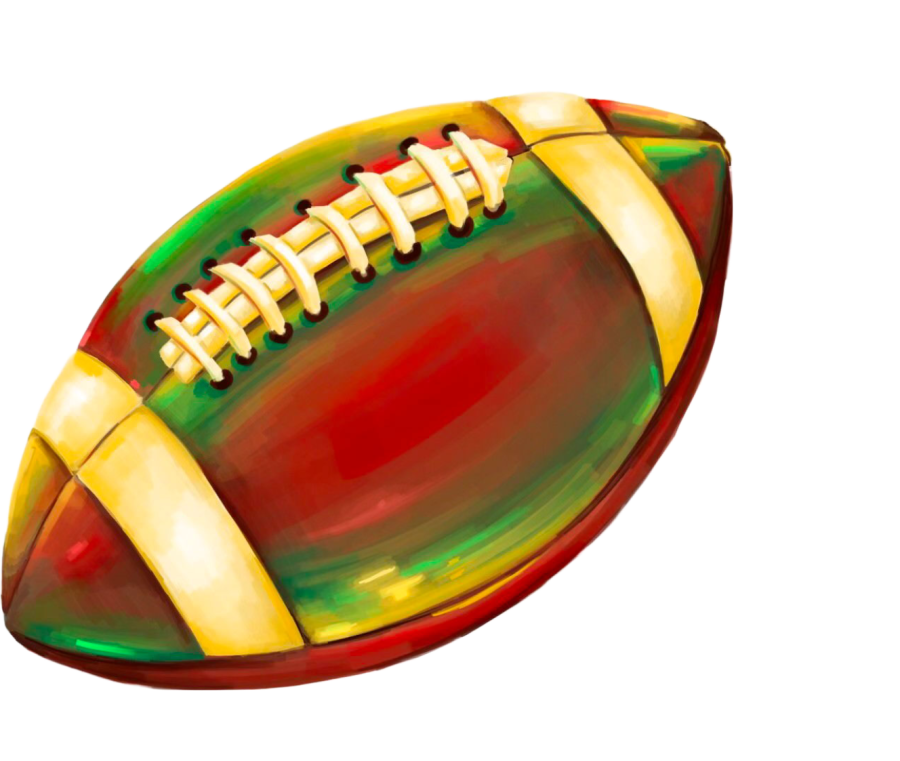

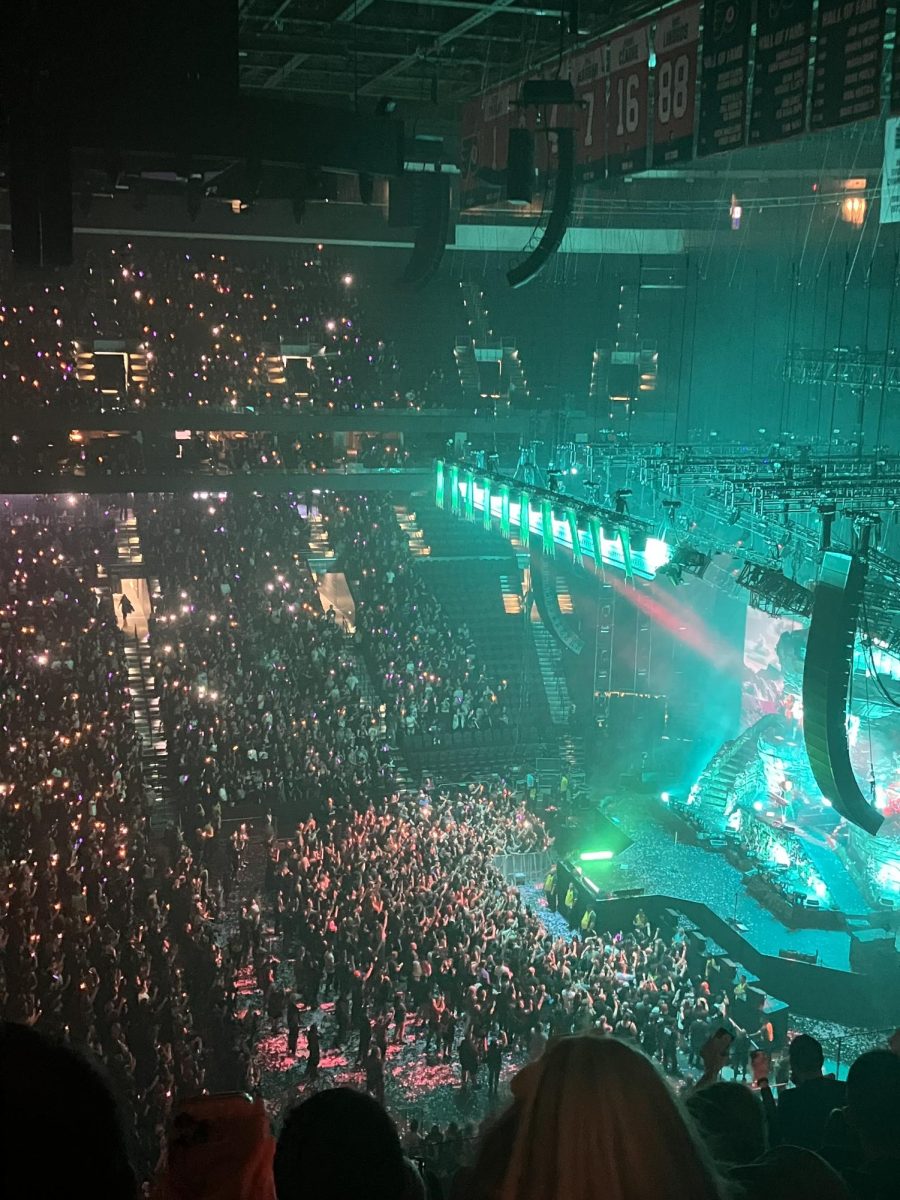

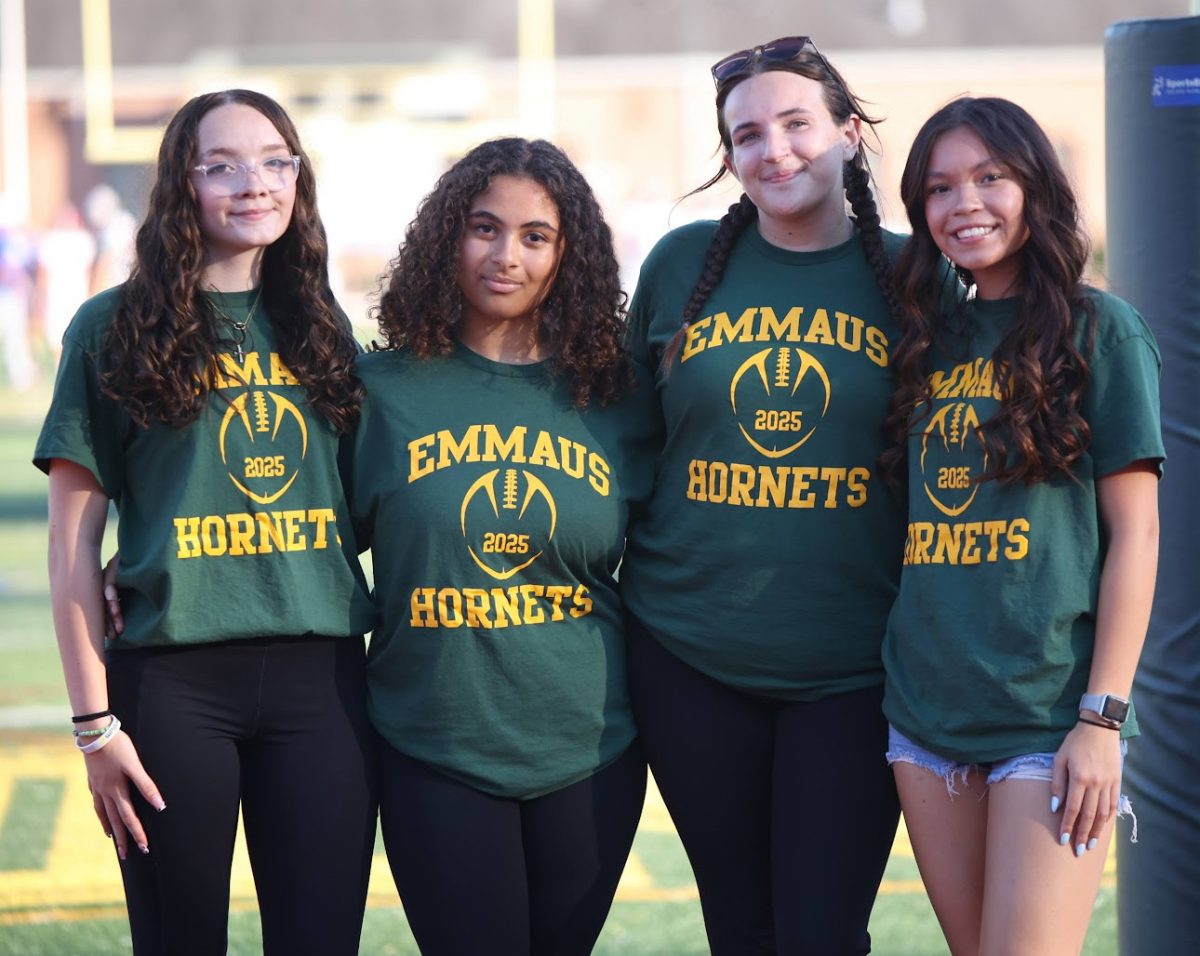
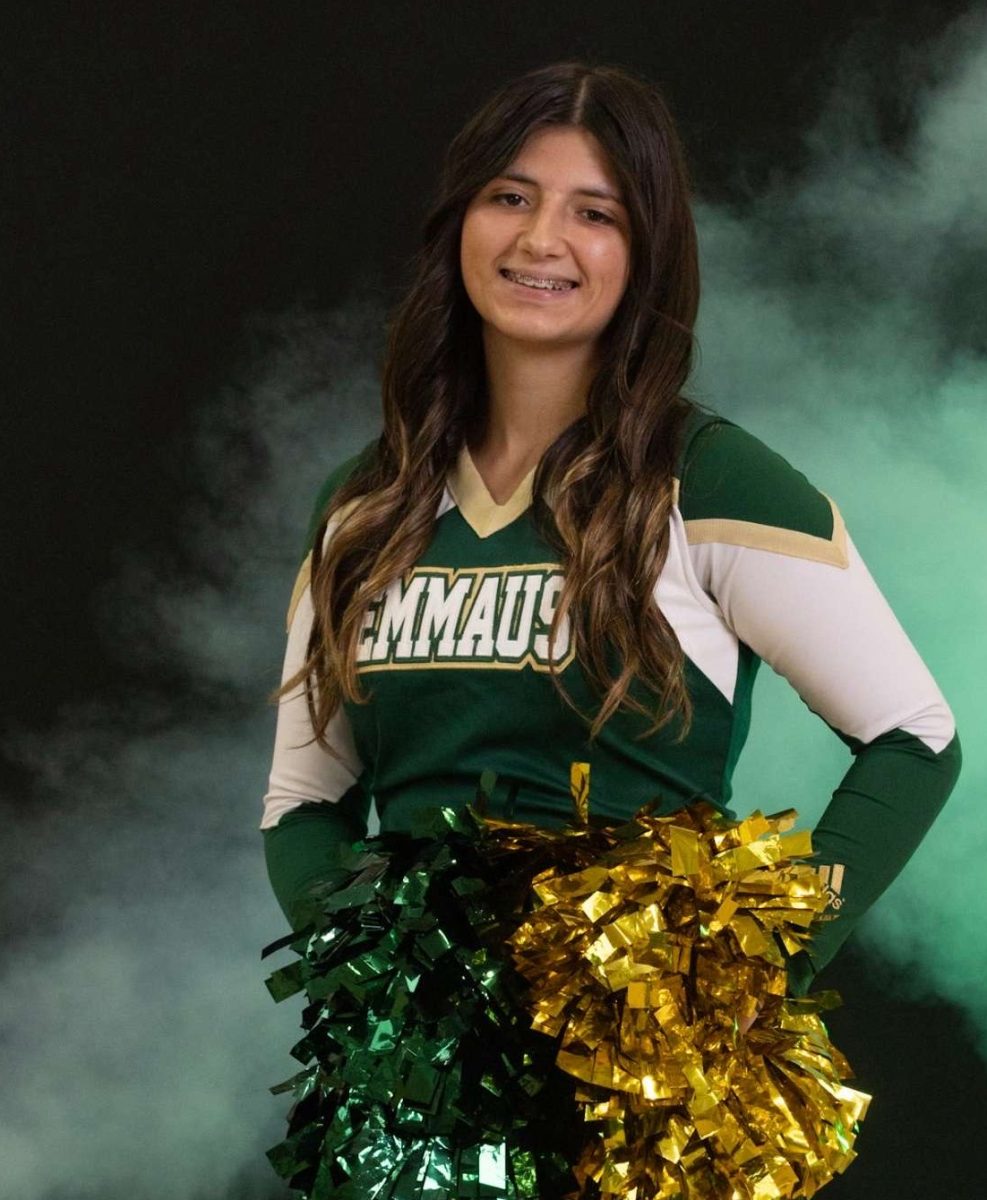

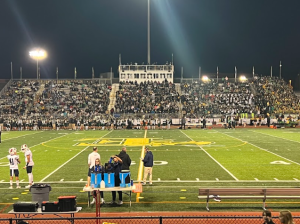

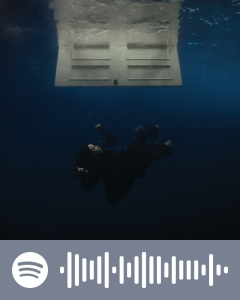

Troy • Jan 22, 2025 at 10:26 pm
Shut the fuck up, you idiots want all whites out of every aspect of sports. Yal are the ones who’s racist and every fucking American is sick of it…….